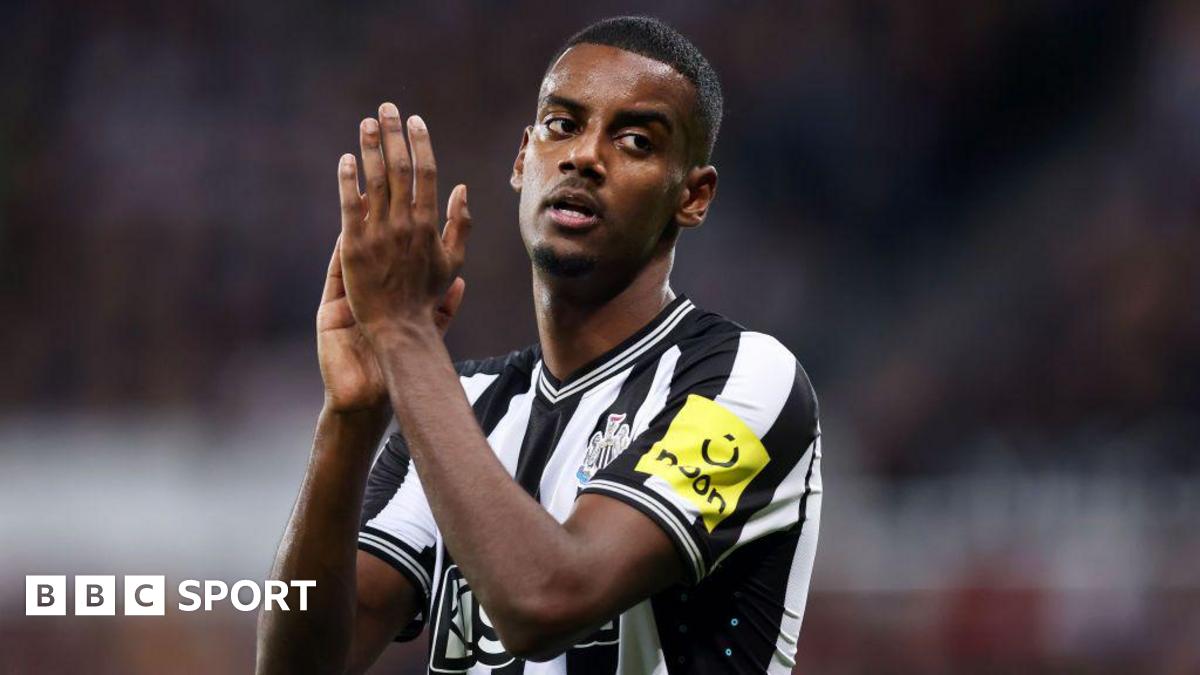
Alexander Isak's apparent desire to swap Newcastle for Liverpool presents a complex equation for both clubs. Newcastle, having already rebuffed a reported £110m bid, must weigh the financial windfall against the on-field impact of losing a prolific goalscorer. Liverpool, on the other hand, must consider if Isak, at 25, is the right long-term investment to revitalize their forward line.
The problem? Liverpool's attacking core is aging. Mohamed Salah, while still world-class, is entering his thirties. Roberto Firmino has departed, and Sadio Mané's exit last year signaled a need for fresh blood. While Liverpool have brought in players like Darwin Nunez and Cody Gakpo, the underlying issue of the squad's age profile remains. Isak, at 25, theoretically slots into a long-term plan, but the hefty price tag raises questions about value.
The potential solution lies in Isak's goal-scoring record and playing style. Last season's 27 goals in 42 appearances demonstrate his clinical finishing. Furthermore, his pace and link-up play would offer a different dimension to Liverpool's attack. However, is it worth £110 million plus wages? That's a sum that could be invested across multiple positions or younger, less established talents with higher potential resale value.
Newcastle's perspective is equally nuanced. Selling Isak would provide substantial funds to reinvest in the squad, particularly given their reported interest in Yoane Wissa and the imminent arrival of Malick Thiaw. However, replacing Isak's goal threat is no easy feat. Their failed pursuits of Liam Delap, Benjamin Sesko, and Hugo Ekitike highlight the difficulty in finding a suitable replacement in the current market. Holding onto Isak, even an unhappy one, provides guaranteed quality and potentially increases his value further with continued strong performances.
This transfer saga underscores a crucial point about squad building. It's not just about acquiring talent; it's about strategically managing the age profile and financial sustainability. Are Liverpool overpaying for a player who, while talented, doesn't fully address their long-term needs? Or is Isak the missing piece that reignites their attacking prowess and justifies the significant investment?
Ultimately, both clubs face a critical decision. Newcastle must decide if the financial gain outweighs the loss of a star player. Liverpool must determine if Isak is the right solution to their aging attack, or if a more measured approach to squad rejuvenation is warranted. What happens if Isak's form dips after the transfer? Does Liverpool have a plan B?